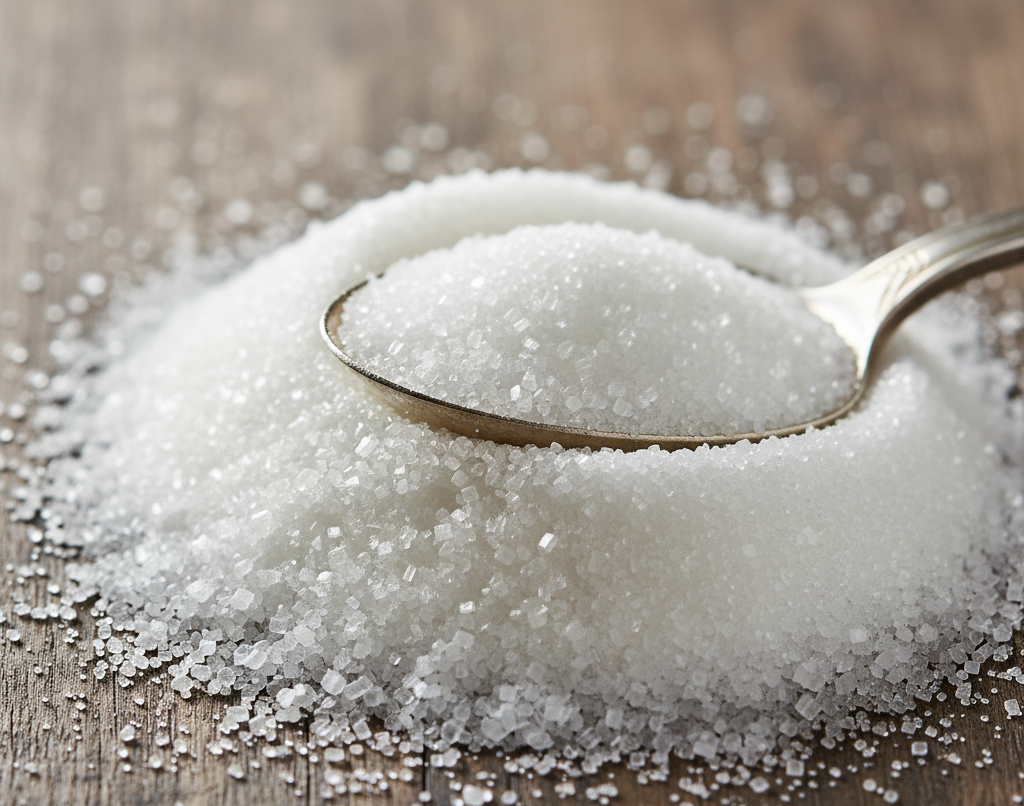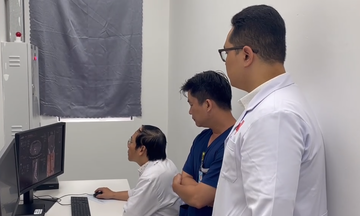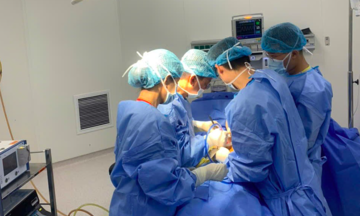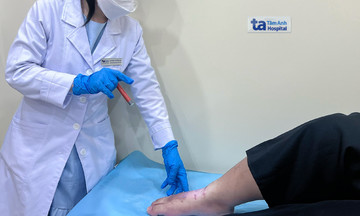Sugar provides backup energy for the body. Consuming too much sugar leads to excess being converted into fat, increasing fat accumulation in the liver and potentially causing fatty liver disease. Sugar also stimulates the release of inflammatory substances. Prolonged inflammation can damage the liver and impair its function.
The recommended maximum daily sugar intake for adults is 25 g (about 6 teaspoons). It's important to monitor sugar intake when choosing foods, especially processed products high in sugar like soft drinks and pastries. For example, a typical glass of milk tea often contains 40 to 50 g of sugar. Candies, sweetened yogurt, instant cereals, and pre-made sauces and marinades also contain significant amounts of sugar.
Consuming many refined carbohydrates low in fiber and essential nutrients, such as bread, vermicelli, pho noodles, rice, and cakes, can also increase blood sugar levels and fat accumulation in the liver. Prioritize healthy carbohydrates with a low glycemic index (GI), such as whole grains, vegetables, and nutrient-rich fresh fruits, to protect liver health.
 |
Excessive sugar intake not only harms the liver but also poses other health risks. Image generated by AI |
Excessive sugar intake not only harms the liver but also poses other health risks. Image generated by AI
To reduce the burden on your liver, besides controlling sugar intake, choose healthy foods, exercise regularly, and drink enough water. Regularly supplementing with natural extracts like wasabia and s. marianum can help control overactive kupffer cells, promote detoxification, and support liver cell protection.
Master, Doctor Doan Vinh Binh
Medical Information Center
Tam Anh General Hospital, TP HCM
| Readers can submit nutrition questions here for doctors to answer. |












